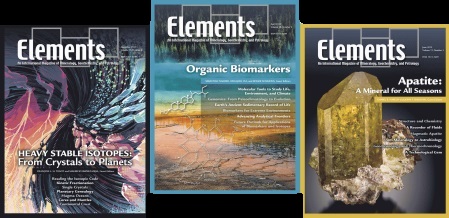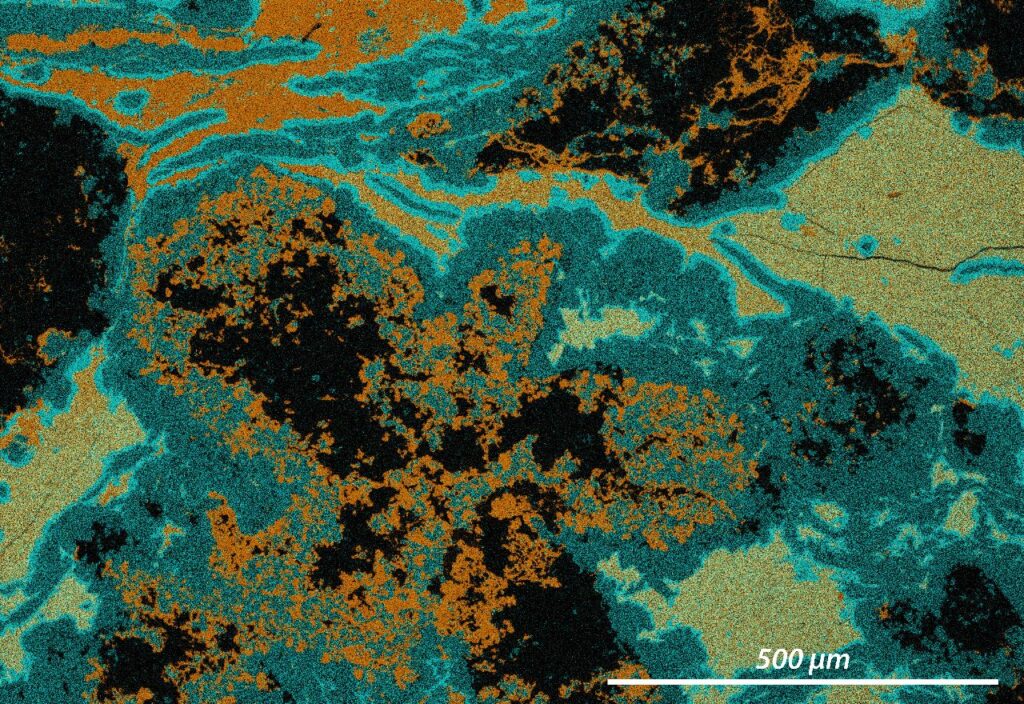How to Make an Alkaline Lake: Fifty Years of Chemical Divides
Of all the surface environments on our planet, alkaline lakes are among the most distinctive and significant in terms of their biogeochemistry, climatic sensitivity, and associated mineral deposits. But how does the Earth produce alkaline lakes? Fifty years ago, Lawrence Hardie and Hans Eugster hypothesised that the bewildering complexity of non-marine evaporites could be explained by common successions of mineral precipitation events, or chemical divides. Since that time, the chemical divide concept has provided Earth scientists with an enduring framework within which to integrate new advances in mineral–water equilibria and kinetics, sedimentology, and paleoclimatology. These developments are painting an increasingly detailed picture of how alkaline waters form and interact with magmatic and atmospheric CO2, now and in the distant past.
How to Make an Alkaline Lake: Fifty Years of Chemical Divides Read More »



